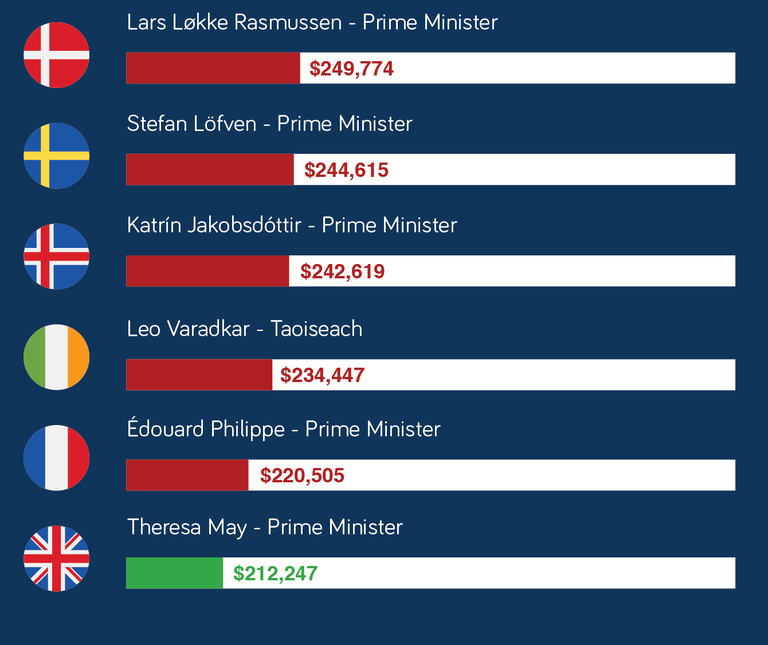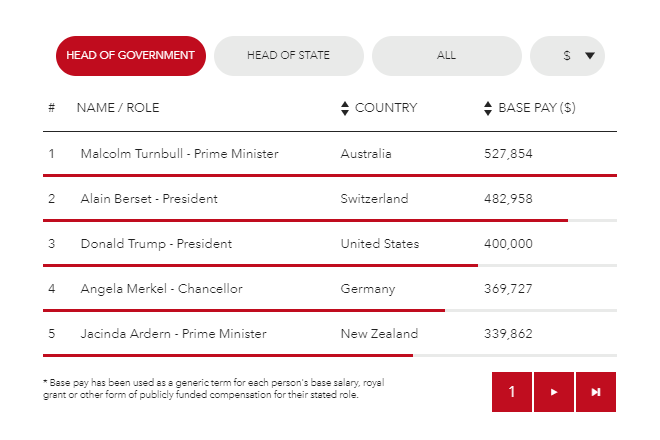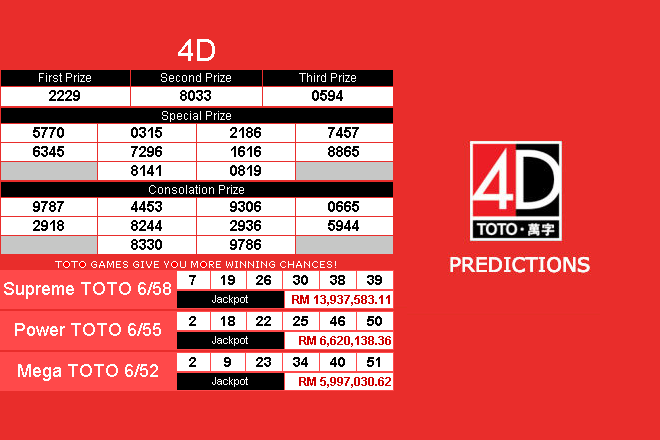Every March, the World Happiness Report reveals a list of factors that contribute towards the overall happiness and satisfaction of various countries around the globe. These factors range from community cohesion, the government, big data and digital media to opportunities and the economy. The report looks at qualitative and quantitative factors to determine whether individuals and communities are happy or not and what might be the cause of this happiness. People claim that money can’t buy happiness, but how exactly does a country’s overall happiness match up to the state of their economy?
Does Money Buy Happiness?
Four Nordic countries sit at the top of the table for overall happiness – with Finland, Denmark, Norway, Iceland, and the Netherlands rounding out the top five. The UK is at 15, while the US is at 19, dropping down a place since 2018. South Sudan and the Central African Republic are ranked at 155 and 156, respectively, with other emerging economies such as India ranking at 140.
The Copenhagen-based Happiness Research Institute cites that, despite not having the highest Nordic GDP (that goes to Norway), the social security for citizens places Finland at the top. However, looking at other economic measures, such as the strength of the currency in a forex trading pair, the Scandinavian countries are considered to be minor pairs, especially compared to the USD.
As the advantages of direct market access mean that analysis can be done of the best trading pairs in real time, the stability of the happiest countries and the Scandinavian pairs means that they aren’t a high-volume trading pair. However, the stability and strength of their economies mean that the pairs are traded less because they are doing so well, adding credence to the money and happiness connection.
How Does Pay Correlate to a Country’s Happiness?
Other measures of a strong economy include low unemployment and high wages. Outside of the private sector, it can be seen that the highest wage often goes to the head of state, which can help us in assessing the balance of salaries in a given country.
For instance, Denmark’s Prime Minister is on $249,774 per year and Iceland’s Prime Minister on $242,619, with the other happiest countries not making the top 15 and being far below the $400,000 that goes to US President Donald Trump, showing if anything that world leaders’ salaries can be used to indicate a nation’s wage disparity.

This can be seen when the salaries of world leaders are compared with the average pay for each country, with those in Finland being paid on average €2,500 per month ($2780), Denmark at 17000 DKK ($2530 per month) and Norway at 28000 NOK ($3220). Compare this to the less happy UK, where average pay is £2,331. While the differences don’t seem too large between these countries, the social security measures that the happier countries have may help to ensure that the money they do take home can stretch further on things they would like to spend it on.
So, while the salary of world leaders and the take-home pay of their nation’s employees can provide insight into the economic state of a country, it seems that an overall strong GDP has more of a bearing on its citizens’ happiness. The extra benefits the government provide are likely a major factor – so yes, it seems that money can buy happiness.




